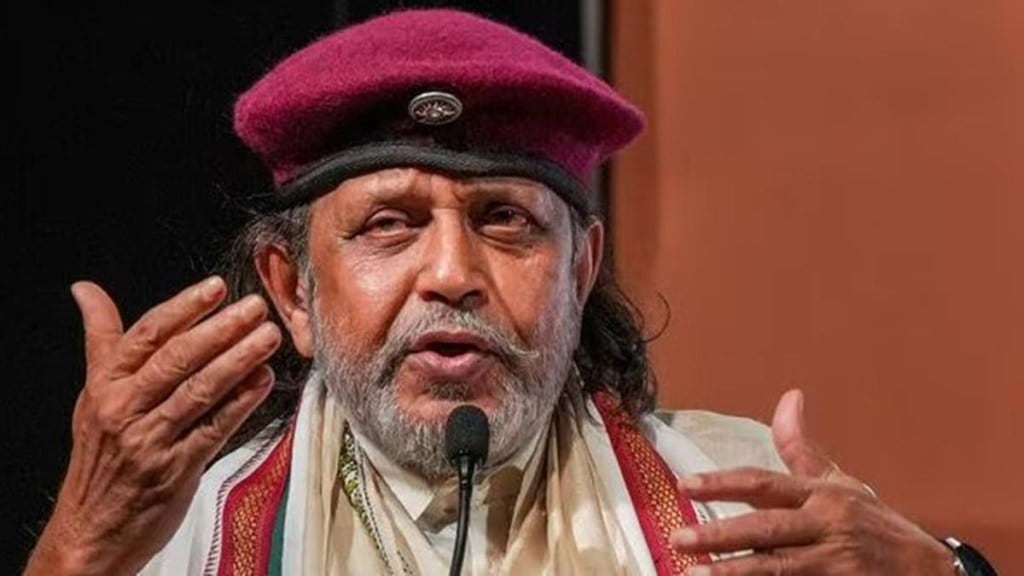Iconic Bollywood actor Mithun Chakraborty, at 74, is set to receive the prestigious Dadasaheb Phalke Award, a recognition of his remarkable contributions to Indian cinema. This announcement was made by Information & Broadcasting Minister Ashwini Vaishnaw on X, capturing the excitement of fans and film enthusiasts alike.
Celebrating a Cinematic Legacy
“Mithun Da’s remarkable cinematic journey inspires generations!” said Minister Vaishnaw, emphasizing the significance of the award. The Dadasaheb Phalke Award is the highest honor in Indian cinema, and the selection jury’s decision highlights Chakraborty’s lasting impact on the industry. Fans have taken to social media to express their congratulations, with many noting that the actor deserved this accolade long ago.
A Grand Felicitation Awaits
Chakraborty will be formally honored at the 70th National Film Awards ceremony on October 8. Earlier this year, he also received the esteemed Padma Bhushan Award, further cementing his status as a cultural icon. This latest recognition marks another milestone in a career that has spanned decades and genres.
From Stardom to Politics
Chakraborty’s journey began in 1976 with the National Award-winning drama Mrigayaa, directed by the acclaimed Mrinal Sen, which earned him his first National Film Award for Best Actor. Throughout the 1980s, he skyrocketed to fame with blockbuster hits like Disco Dancer, Kasam Paida Karne Wale Ki, and Commando. His unforgettable dance performances in songs such as “I Am a Disco Dancer” and “Jimmy Jimmy” earned him the endearing nickname ‘Disco Dancer’ among fans.
In addition to his cinematic endeavors, Chakraborty ventured into politics, leaving Mamata Banerjee’s All India Trinamool Congress party in April to join the BJP ahead of the Assembly elections.
A Lasting Impact on Indian Cinema
Mithun Chakraborty’s influence on Bollywood is profound, with his unique style and powerful performances inspiring countless actors and filmmakers. As he prepares to accept the Dadasaheb Phalke Award, his fans eagerly anticipate celebrating a legacy that has not only entertained but also shaped the landscape of Indian cinema for generations to come.

